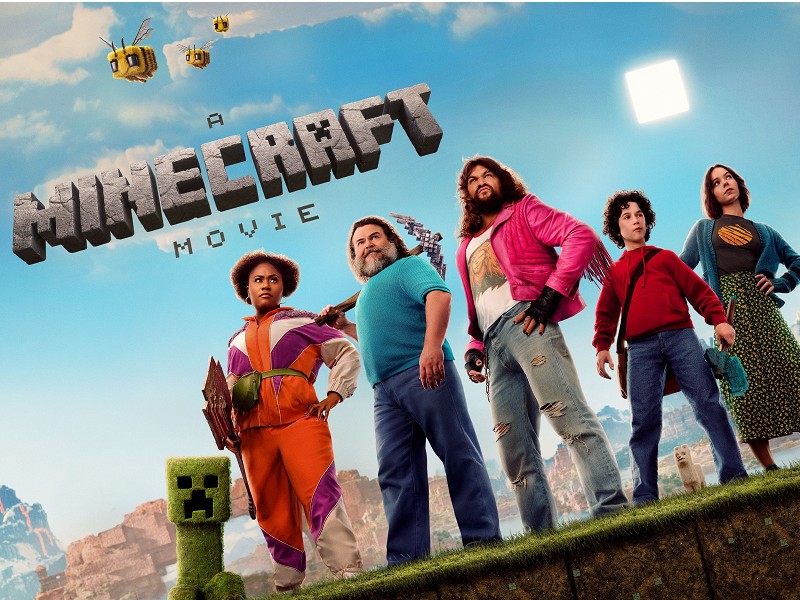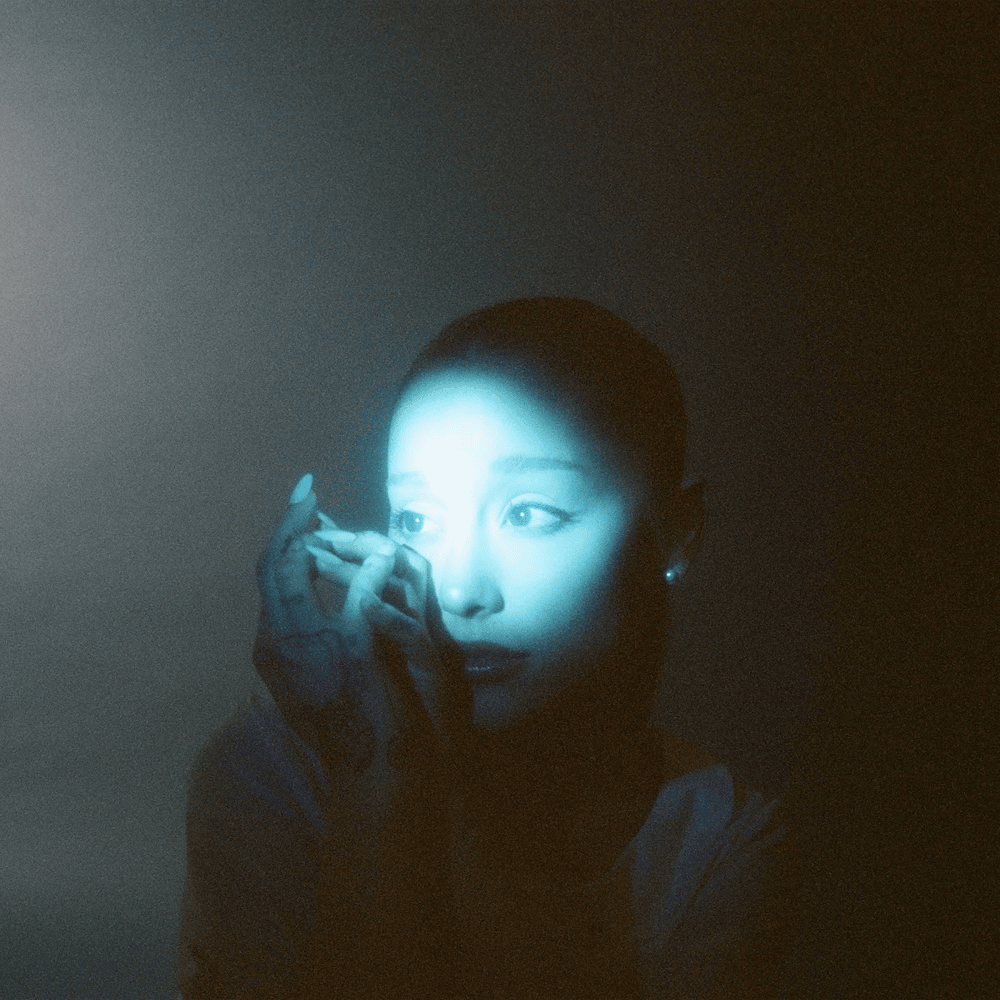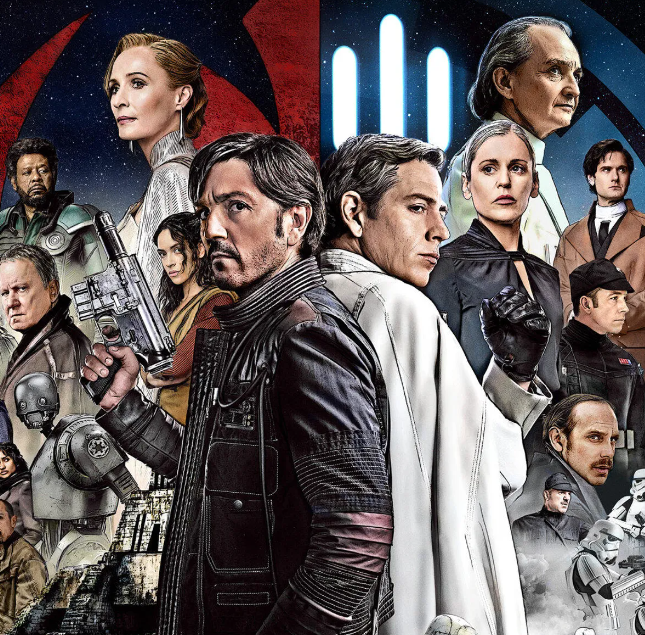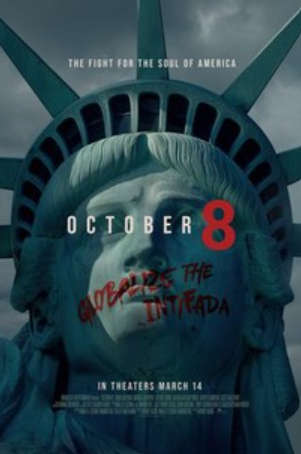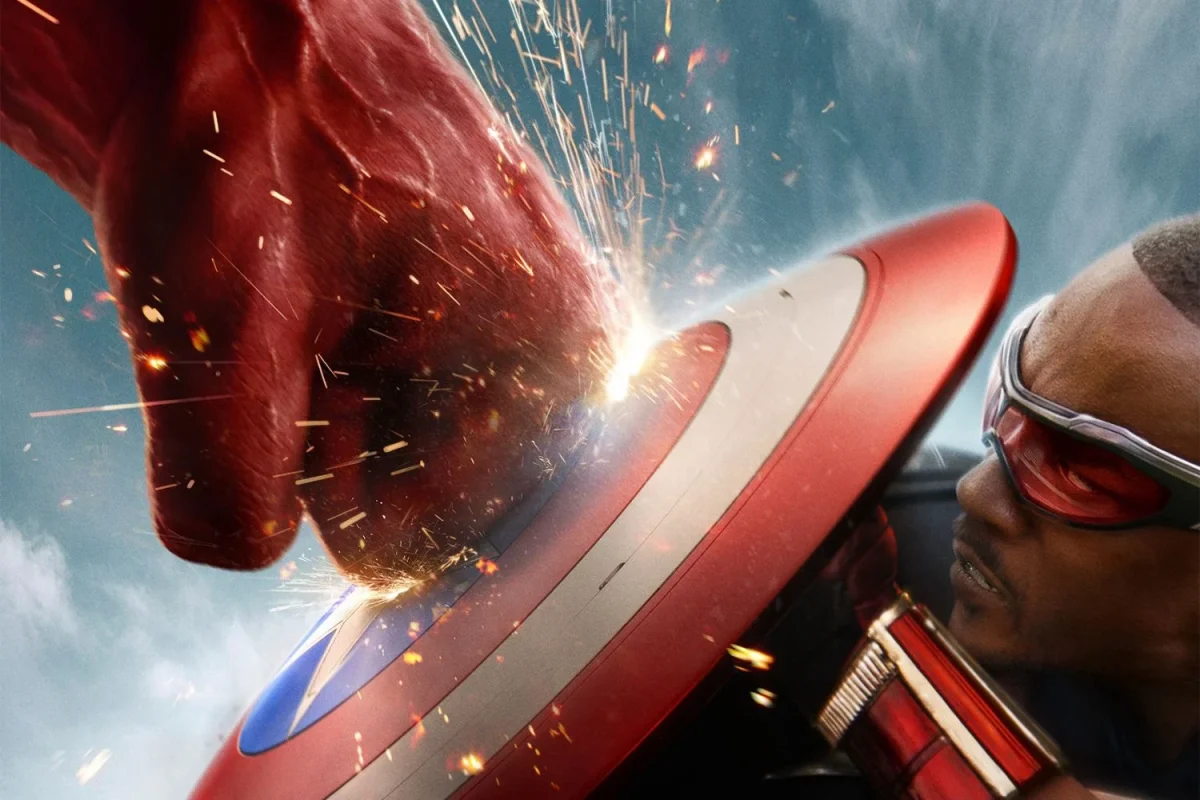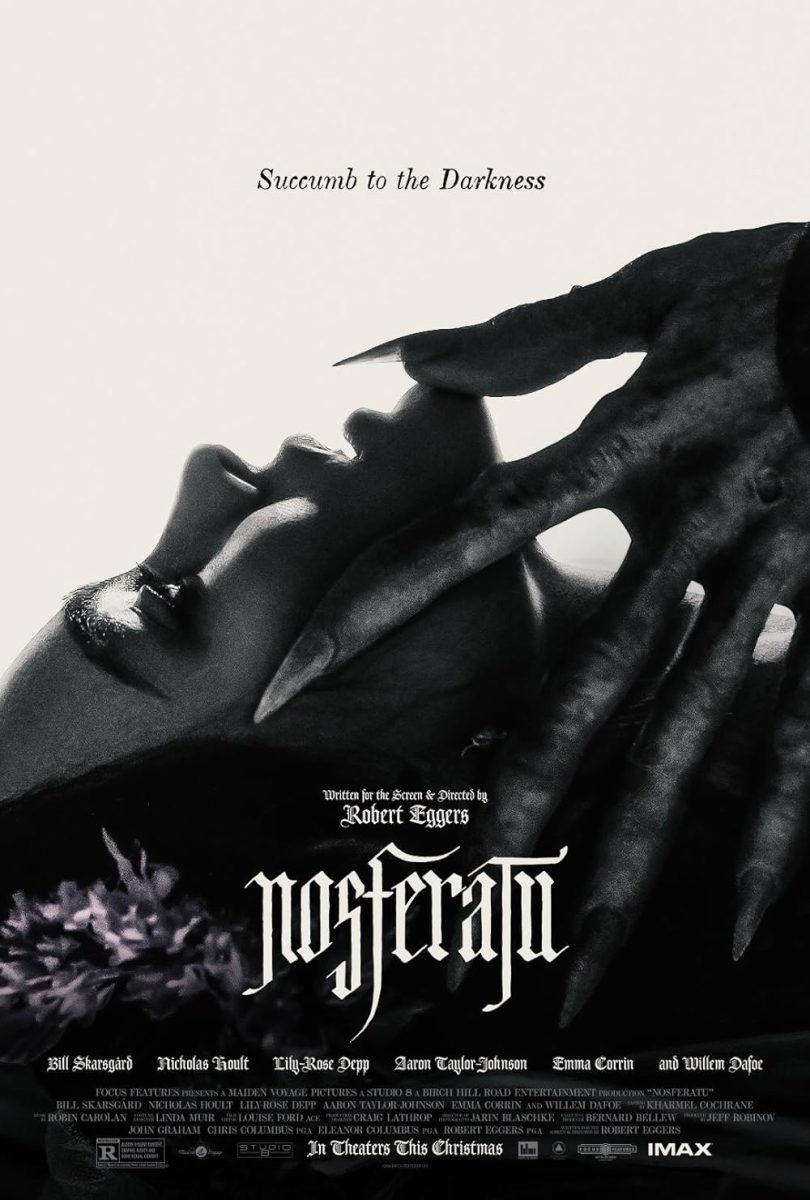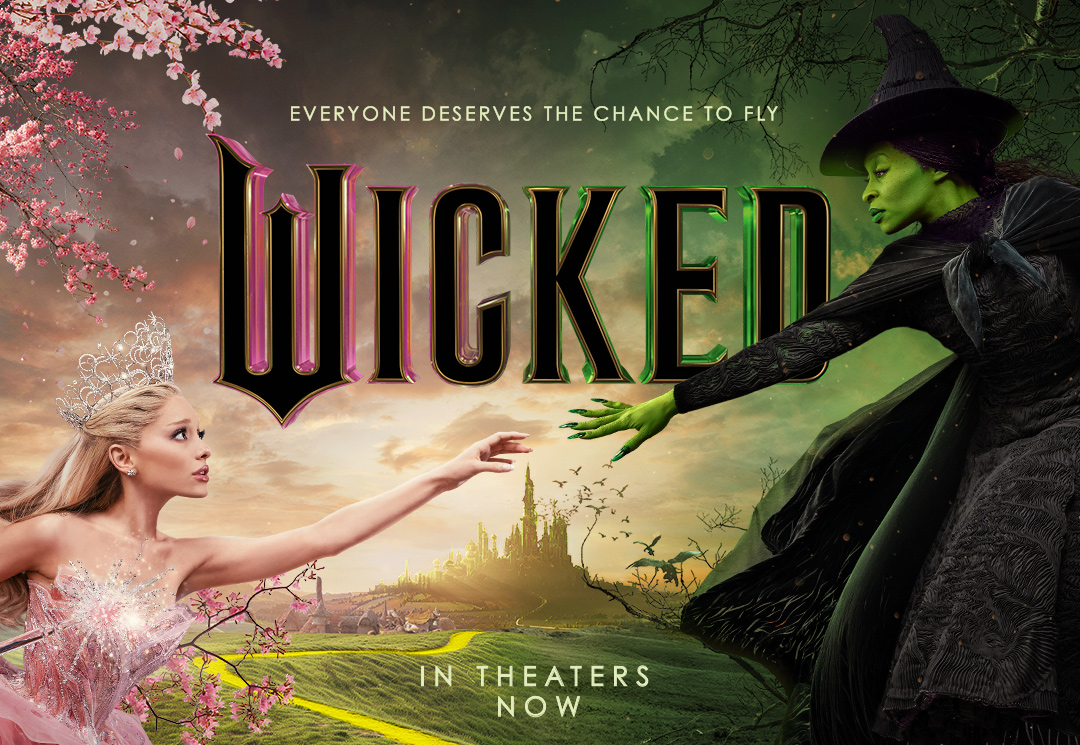Quentin Tarantino released his first movie in three years, Django Unchained, on Christmas Day. The story follows the journey of hero Django (Jamie Foxx, Ray, Dreamgirls)—the D is silent—and his new friend Dr. Schultz (Christopher Waltz, Inglourious Basterds) as they live the life of bounty hunters in 1858 and attempt to save Django’s lost love, Broomhilda (Kerry Washington, Ray, The Last King of Scotland).
The film is appealing on many levels: it has comedy, Tarantino’s signature action-packed and explosive violence, and a powerful love story. Tarantino’s bold portrayals of the attitudes of 1858 have led to racial tensions, but the backlash he has received is unjustified.
Many people, including significant blacks in entertainment such as Spike Lee and Katt Williams, have voiced how offensive they found Django, primarily for its use of the N-word. The N-word is used 110 times in the film, more than any previous major motion picture. Despite the fact that the word is one of the most detested in the English language, it shouldn’t make Django offensive.
In the south in 1858, especially in Mississippi where some of the more racially jarring scenes of the movie are set, the N-word was commonly used. To dance around the use of the word would be watering down history, which is not Tarantino’s intent. He instead emphasizes the cruelty and evils of the time, and his use of the N-word as it would be used in that day helps show the harshness of the time.
Another controversy within the movie is Tarantino’s portrayal of Mandingo fighting. This is a betting sport when two slaves battle to the death with their bare hands for their master’s amusement. The scene featuring Mandingo fighting is one of the hardest to stomach in the movie, and it received backlash because there is no evidence that Mandingo fighting existed.
The point of slavery was to save money by making the use of slaves as profitable as possible, and Mandingo fighting does not go along with this concept for the most part. However, just as some of the wealthy of today seem to have expendable income, some slave owners may have lived so lavishly that Mandingo fighting was possible.
Whether a reality or not, the scene emphasizes the harshness of the time. Much crueler things went on in slavery that could be too gut-wrenching for the movie or make it downright depressing. The fight scene was meant to keep from sugarcoating slavery, while still fitting in with the tone of the movie.
In addition, people have been picking on so -called “historical inaccuracies” throughout the film. One example is viewers’ shock that Django is on a horse. In reality, a black person on a horse wasn’t unheard of, but horses were usually reserved for white people. Tarantino exaggerated the concept to make a point. The movie is a dramatization, not a documentary.
One of the main complaints surrounding the events portrayed by white characters in the movie is when, a band of men plan to kill Django in a surprise attack. They wear white hoods, reminiscent of the Klu Klux Klan (KKK). which leads to two major complaints.
Viewers have responded as if the characters in the film are declared the official KKK, and they have tried to point out the KKK was not established until post-Civil War, after the time period of the movie. However, the idea of the scene is to show how the idea for the KKK came about, conveyed best when the men have a humorous exchange about future use of hoods.
Django is part comedy, so one can enjoy the movie despite the sick world it shows. The scene of the KKK remnant characters is comical, as all the mob members seem like idiots as they argue over the hoods. The complaint is that Tarantino is making light of the KKK, but in actuality he was just poking fun at the antagonists of the movie.
Slavery is a sensitive matter. It was a low point in our nation’s history which makes people feel uneasy when watching a movie about it, but Django has been unfairly bashed. Tarantino was honest in depicting the times, and he only embellished to convey his point that slavery was terrible. The comedic side of the film helped to show that even in this dark, dark time, there was still light in the world.
The fact that a white director can make a film that shows such empathy for slaves and understanding of the time makes Django a good thing. Instead of trying to find the offenses in this movie, people should accept it as a stepping stone in coming together to understand the past and build a stronger, unified nation.






